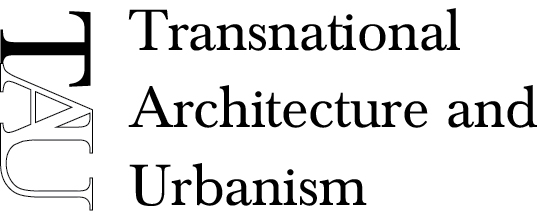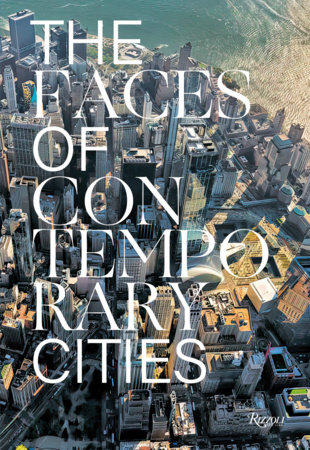The story of Permasteelisa, an Italian company behind the facades of some of the most famous buildings in the world.
The great global cities of the Western, Middle Eastern, and Asian world tend to resemble each other more and more. The new buildings of cities such as London, Hong Kong, New York, or Frankfurt are similar, and even the skylines increasingly seem to resemble one another. The fact that there are just a few great architects behind these constructions partly explains this phenomenon.
This book reveals how the work of these architectural talents is also made possible by companies such as Permasteelisa, which offer technological solutions for constructing the most futuristic buildings. Permasteelisa produces continuous external cladding: the skin of skyscrapers, large airports, and current business centers. Drawing on its constant research into technology and materials, it collaborates with large architectural firms to transform an architect’s project into a building. This was the case for the Sydney Opera House, with its futuristic sails; for the Guggenheim in Bilbao and its curved facades conceived by Frank Gehry; and for the scintillating blades of Renzo Piano’s Shard in London.
The book tells the story of Permasteelisa. With the texts by international urban planning scholars and data analysis and georeferencing methodologies developed at the Transnational Architecture and Urbanism Lab (TAU-Lab) of the Politecnico di Milano, it shows how this Italian company’s know-how has allowed it to shape the faces of many contemporary cities such as New York, Paris, London, Berlin, Frankfurt, Milan, Hong Kong, and Sydney.
Ponzini, D. (Ed. 2024). The Faces of Contemporary Cities, New York: Rizzoli New York.


